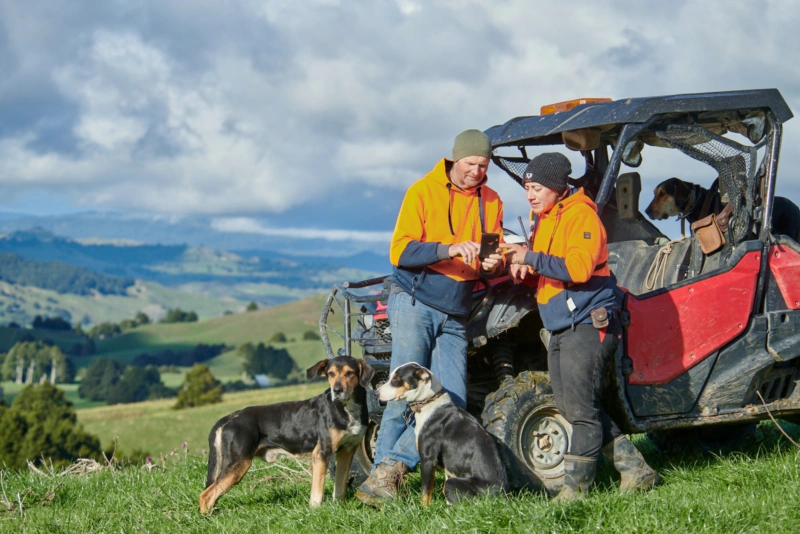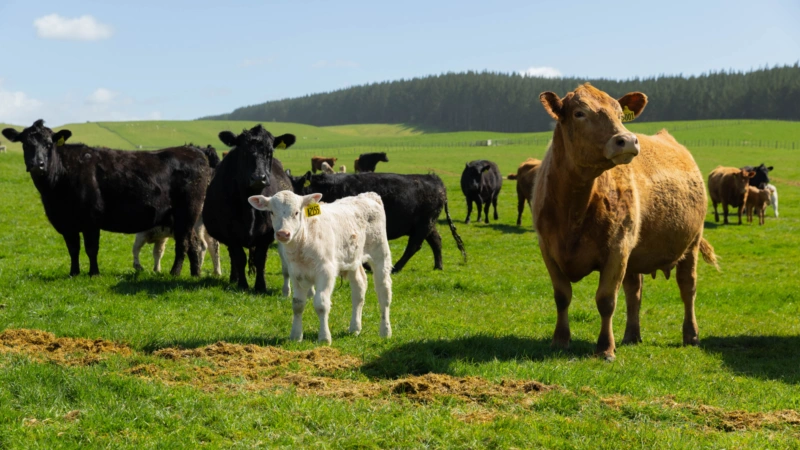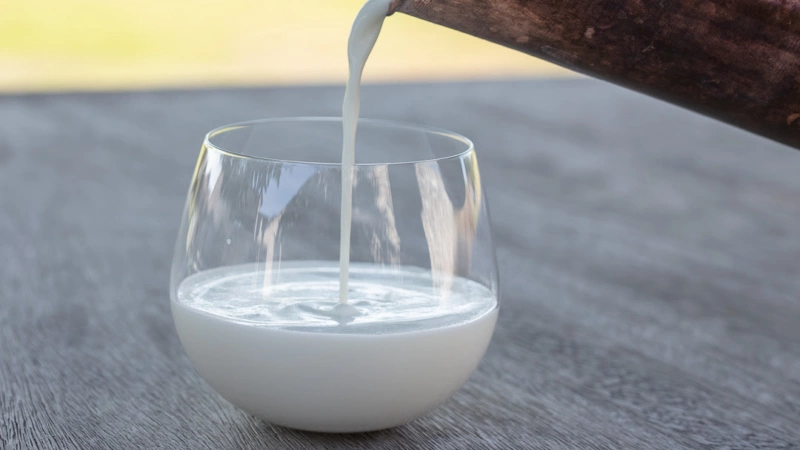Innovation at Pāmu
From genetic breakthroughs to renewable energy, innovation is at the heart of how Pāmu shapes the future of farming in Aotearoa.
Sectors of innovation
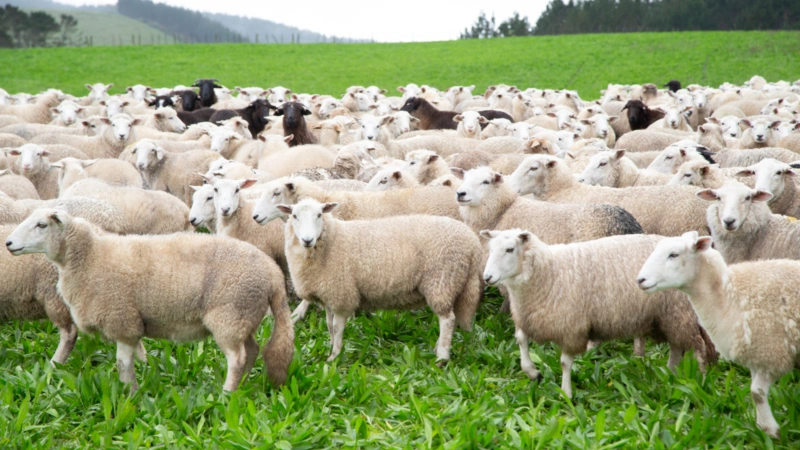
Sheep of the Future
As climate change brings warmer, wetter conditions, the future of sheep farming in Aotearoa will rely on adaptability, efficiency, and sustainability. In partnership with the Ministry for Primary Industries (MPI), AgResearch, and our subsidiary Focus Genetics, Pāmu has launched the Sheep of the Future programme — a seven-year innovation initiative to transform the genetics and long-term performance of New Zealand’s national flock.
The programme targets three key breeding streams to meet the evolving challenges faced by sheep farmers. It develops fine-wool sheep (20–25 microns) tailored to high-rainfall, non-Merino environments; low- and no-wool lines designed for subtropical climates with a focus on meat quality, heat resilience, and disease resistance; and enhanced strong wool types that prioritise parasite resistance, carcass traits, and reduced emissions intensity — all while responding to mounting consumer expectations and environmental constraints.
The Traits for the Future workstream uses science-led breeding and trials at Aratiatia (Taupō) and Kapiro (Kerikeri) to fast-track the selection of traits such as heat tolerance, immune competence, feed efficiency, and lower methane emissions. Importantly, it also establishes new genetic breeding values for under-measured traits and provides elite sires to Pāmu and the wider industry.
As part of our open innovation approach, data and insights from the programme are integrated into NProve, Beef + Lamb NZ’s national genetic evaluation platform, ensuring these advances are accessible to all sheep breeders. With the challenges ahead, from climate volatility to drug resistance and changing consumer demands, Sheep of the Future is building a more resilient, productive, and profitable national flock for Aotearoa.
Read more:
Dairy Beef Integration
Pāmu is rethinking the future of bobby calves through a bold dairy-beef integration strategy designed to reduce waste, lift productivity, and improve emissions efficiency. In collaboration with LIC, our genetics programme targets beef sires for dairy with traits like calving ease, short gestation, fast growth, feed efficiency, and meat quality.
Currently, 63% of Pāmu’s dairy calves are raised for beef, with a target of 75% by FY26, and full integration by 2030. Achieving this at scale demands system-wide change: from calf rearing and forage management through to processing and market alignment.
AgResearch lifecycle assessments show dairy-beef systems can be up to 42% more efficient in GHG intensity than traditional beef, driven by improved growth rates, earlier finishing, and better feed conversion. This initiative not only reduces emissions intensity across our supply chain but also opens up new regional job opportunities in calf rearing and finishing.
Future-focused, transparent, and grass-fed, dairy-beef integration at Pāmu is helping build a more ethical, profitable, and climate-aligned livestock system.
Read more:
🔗 Dairy-Beef case study – The Integrated Future of Farming at Pāmu
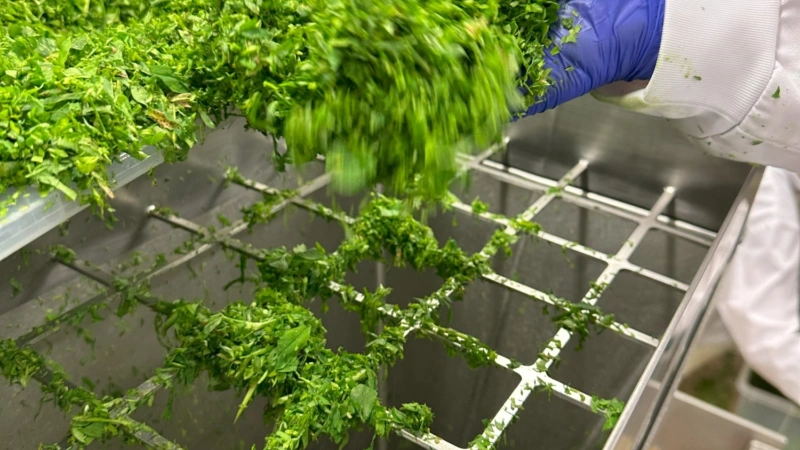
Leaf Protein
New Zealand's pastoral landscapes, abundant in protein-rich crops like lucerne (alfalfa), perennial ryegrass, and brassica rape, present a unique opportunity to diversify our protein sources. Historically, extracting high yields of protein from plant leaves has been challenging. However, recent advancements by Plant & Food Research have developed innovative processes to recover a broader spectrum of proteins from these crops, surpassing traditional methods that targeted only a single protein type.
Collaborating with Plant & Food Research and supported by Silver Fern Farms during Phase 1, our Cheltenham Downs farm serves as the pilot site for this groundbreaking initiative. The project focuses on extracting protein-rich juice from lucerne, aiming to refine processing methods to improve yield while maintaining functionality suitable for various food applications. This approach not only offers a new avenue for plant-based protein production but also addresses environmental concerns by potentially reducing nitrogen leaching into waterways, a common issue with traditional livestock farming.
The "Protein from Pasture" project aspires to establish a scalable, sustainable plant protein industry in New Zealand, targeting a contribution of over $1 billion to the economy. By leveraging existing dairy processing technologies, the project aims to create a dual protein system that integrates livestock and plant protein production. This initiative aligns with New Zealand's goal of doubling exports and positions the country as a leader in sustainable agriculture and plant-based food production.
Learn more:
Pāmu Deer Milk
Our innovative Pāmu Deer Milk offers exquisite flavors and serves as a sophisticated ingredient with diverse culinary applications. Clinical trials have demonstrated that consuming Pāmu Deer Milk improves muscle mass and physical performance, highlighting its potential in both gourmet cuisine and health-focused products.
Read more this on the Pāmu Deer Milk website.
